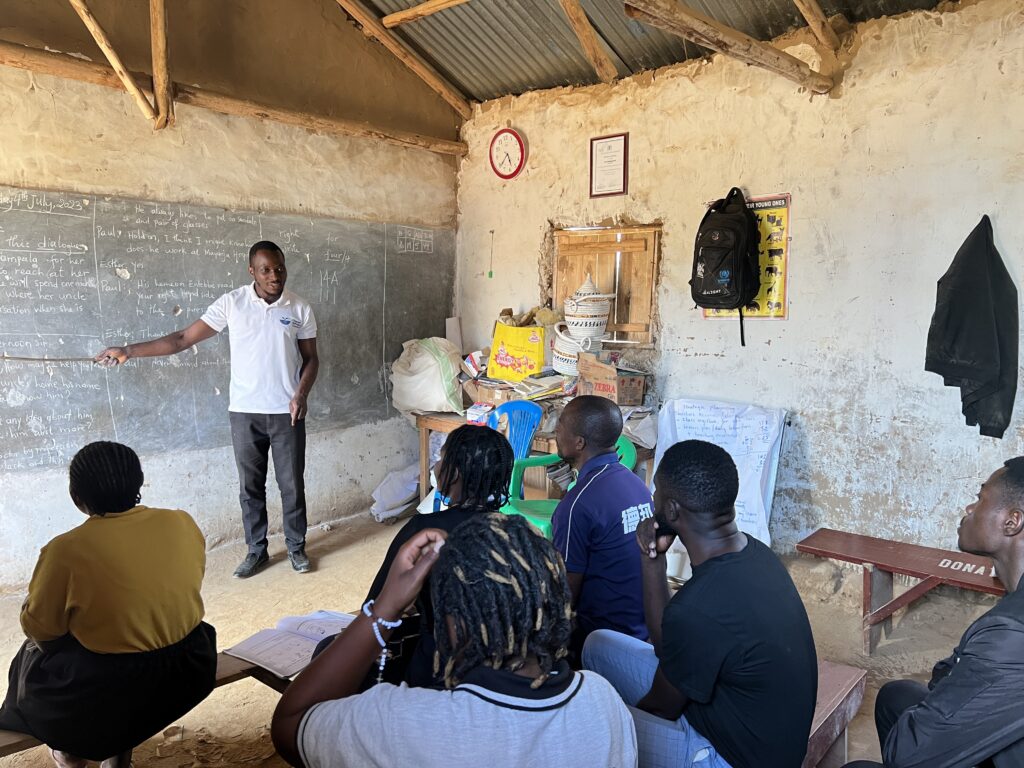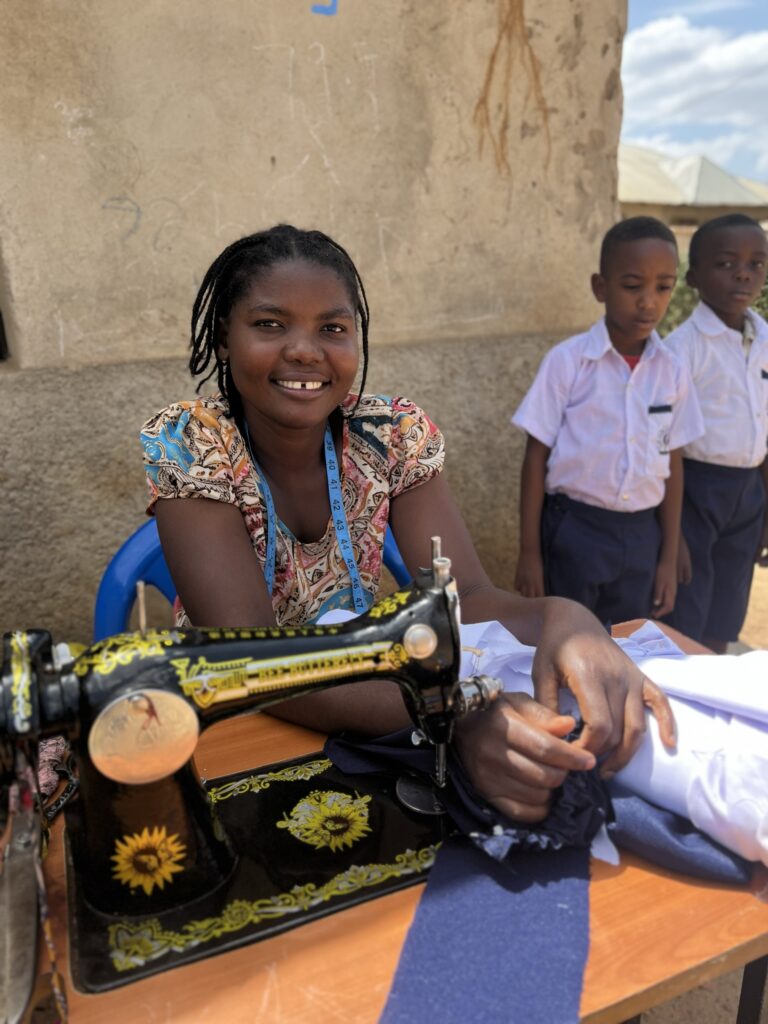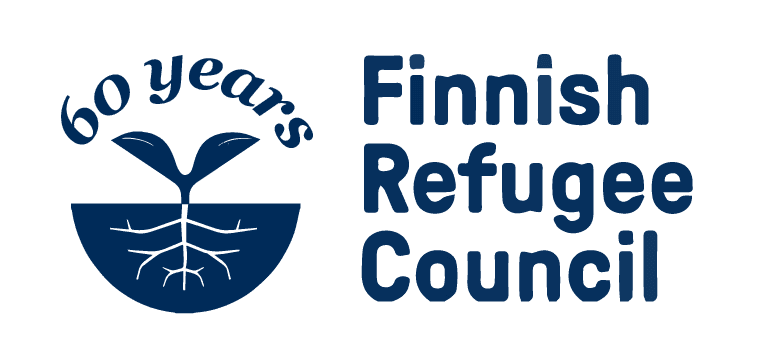Every year on 19th August, the world observes World Humanitarian Day. On this day, humanitarian work across the globe is appreciated and different people who work towards the wellbeing of human beings are recognized.
According to UN, the focus for this year is on showing unwavering commitment to deliver for the communities we serve no matter who, no matter where and no matter what. Hence the #NoMatterWhat.
Refugees are often left with nothing when they are forced to flee their countries. Usually, they find refuge in countries with cultures and languages that are different from the ones they know. Making it hard for them to communicate or do anything meaningful with their lives.
According to Open Cultural Center, the language barrier and lack of education prevents them from using their skills gainfully, which creates a lot of frustration for them.
For the past 26 years, Finnish Refugee Council (FRC) has been promoting the resilience of refugees through providing them with non-formal trainings such as literacy, language, financial literacy, and business skills.
As the world celebrates the humanitarian work done by different people, we want to highlight some beneficiaries who have positively impacted their communities using the knowledge and skills they have got from FRC.
Benjamin’s Story
Benjamin Angaze, a Congolese national and FRC English for Adults instructor, has been a refugee in Uganda since 2014 when he fled the Democratic Republic of Congo due to political instability. When he came to Uganda, he was on the verge of giving up in despair. Then in 2016, he heard that FRC was looking for adult instructors, and because he could speak English, he applied, and he was successful. Following his enrollment on to the FRC program, Benjamin felt compelled to open a community school which would cater for both children and adults – his idea was that the children study during daytime, the adults have their classes in the evenings.
While teaching adults the basics of English, “I observed that children of refugees coming from Burundi and Congo were not able to access education because of a lack of schools near their communities. The children had to travel far distances to attend school.”
His other observation was that long distances were not safe for the children. He recalls an unfortunate incident:
“Where a child who was coming from school in Kashoja going to New Congo [both villages in Nakivale base camp, roughly 2km apart] and was knocked dead by a car.”
This, he says, was a wake-up call for residents of Kashoja about the dangers of children having to walk long distances to school. For Benjamin, on the other hand, it says, it was a call to action.
“That incident inspired me to also serve children.”
In the last 5 years since Benjamin opened the community school, he has been able to provide a means of survival to members of his community in the form of employment. For example, most of his volunteer teachers are his former adult learners who he trains to become teachers. He also contracted one of his students to paint the school as a way of showcasing their work. And the school uniforms are made by one of his current adult learners Valerie Nshimirimana.
She shares that;
“I am glad that we have this school in the community. I have two children who attend the school-one is in primary two and the other is in top class. My oldest girl was in another school, but she couldn’t read and write, but when she joined Light to Progress, she can now read and is learning how to write. I am also happy that the school gives me business.”
The community members are also happy to have a school within their community that provides quality education to their children, and they now do not have to worry about children travelling long distances.
And while the school has brought fulfilment to the community and Benjamin, there have also been challenges. He shares that:
“Sometimes the school runs short of resources like money to pay teachers’ salaries and set up better buildings. We also have the desire to improve the standard of our school, but since we are in a community where the majority are low-income earners, we can’t do much. So, we work with the available resources.”
According to UNHCR, Uganda’s current refugee population is over 1.4million. Although Uganda’s open-door policy, gives refugees access to services such as health and education. Many children have to trek long distances to access education which in the long run becomes burdensome. Therefore, having a school within a community like Benjamin’s offers relief to both parents and children.
Benjamin ends by saying it is important to support the children as they are the leaders of tomorrow.
“When I’m older, those children, will be at my age of now and they can also serve as I do. If I wasn’t educated, I think I wouldn’t do this job. We need to show more interest in supporting these children so that tomorrow when we are not here, they are able to serve the community.”
We would like to thank all our employees and instructors for their continued commitment to ensure that we promote refugee self-reliance.
To read more about our work in Uganda visit our website.




